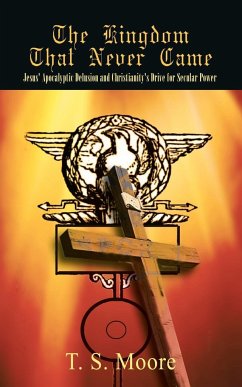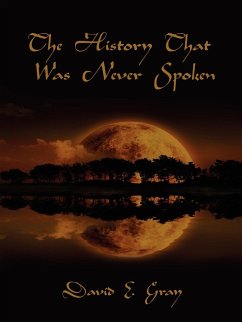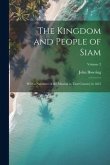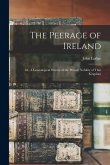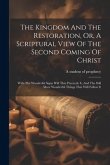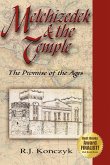The Kingdom That Never Came offers a startling new look at Christian beginnings that is bound to stir up controversy and debate for years to come. Historians, philosophers, religious writers and cultural critics have never solved an age-old question: How could the radical, otherworldly vision of Jesus have been transformed into a world-historical drive into the earthly, temporal realm? The author argues that the answer to this question has been staring all of us in the face across a span of 2000 years, in the New Testament itself, for all to see, but it has remained buried in history. Christianity owes its very existence, as well as its drive for secular power on earth, to the failure of Jesus' prediction of the coming of the Kingdom of God within the lifetime of his own generation. Christianity was essentially a rebound against this dead-end wall of failed prophecy, and the impetus of this great turn towards the realm of Caesar has carried down to our own day. This is the history of Christianity in a nutshell. Jesus' apocalyptic delusion and Christianity's ensuing rebound against this failed prophecy is the key for understanding the union of church and state and the struggle for religious freedom in the history of the West.
Bitte wählen Sie Ihr Anliegen aus.
Rechnungen
Retourenschein anfordern
Bestellstatus
Storno

